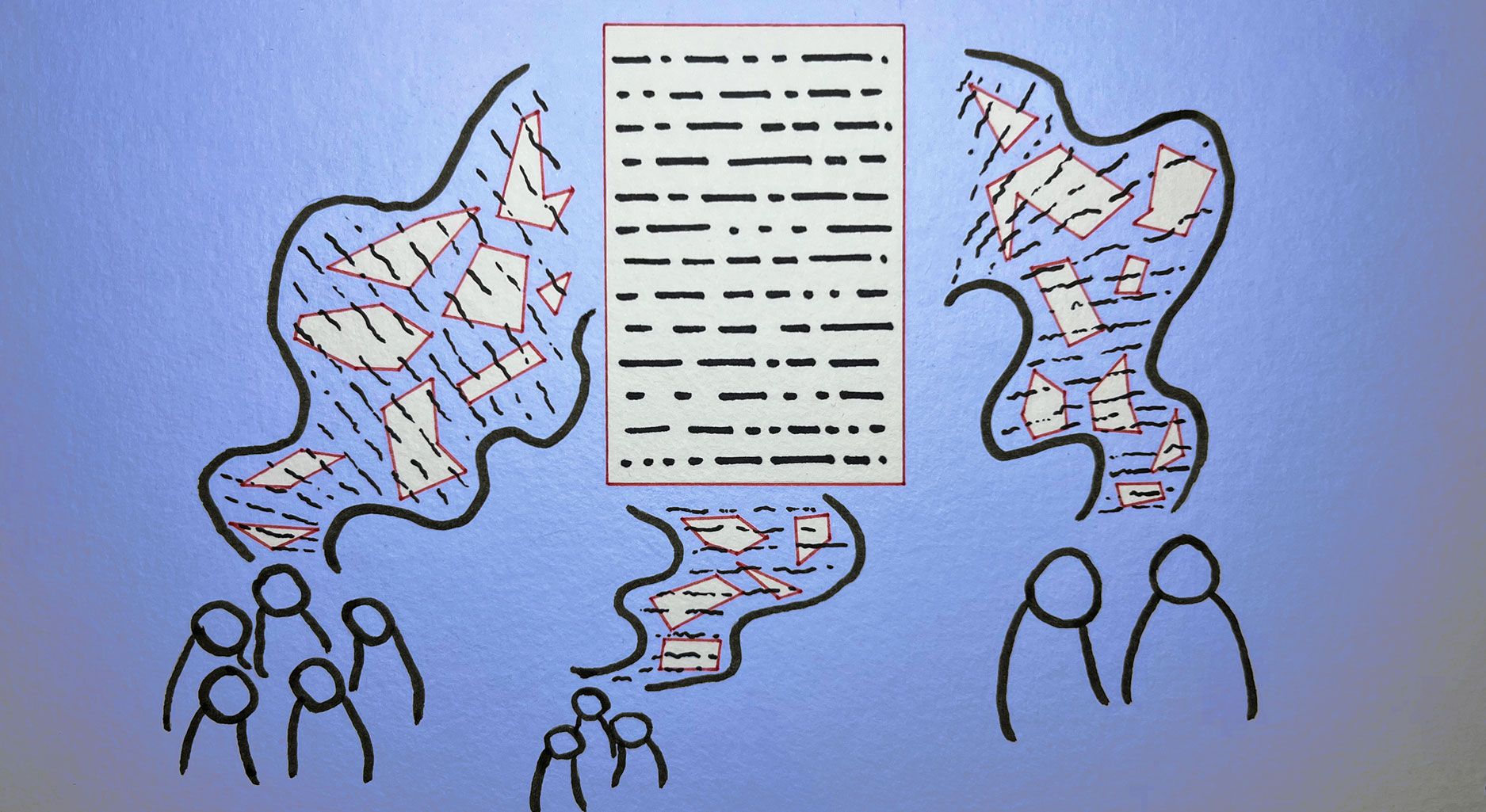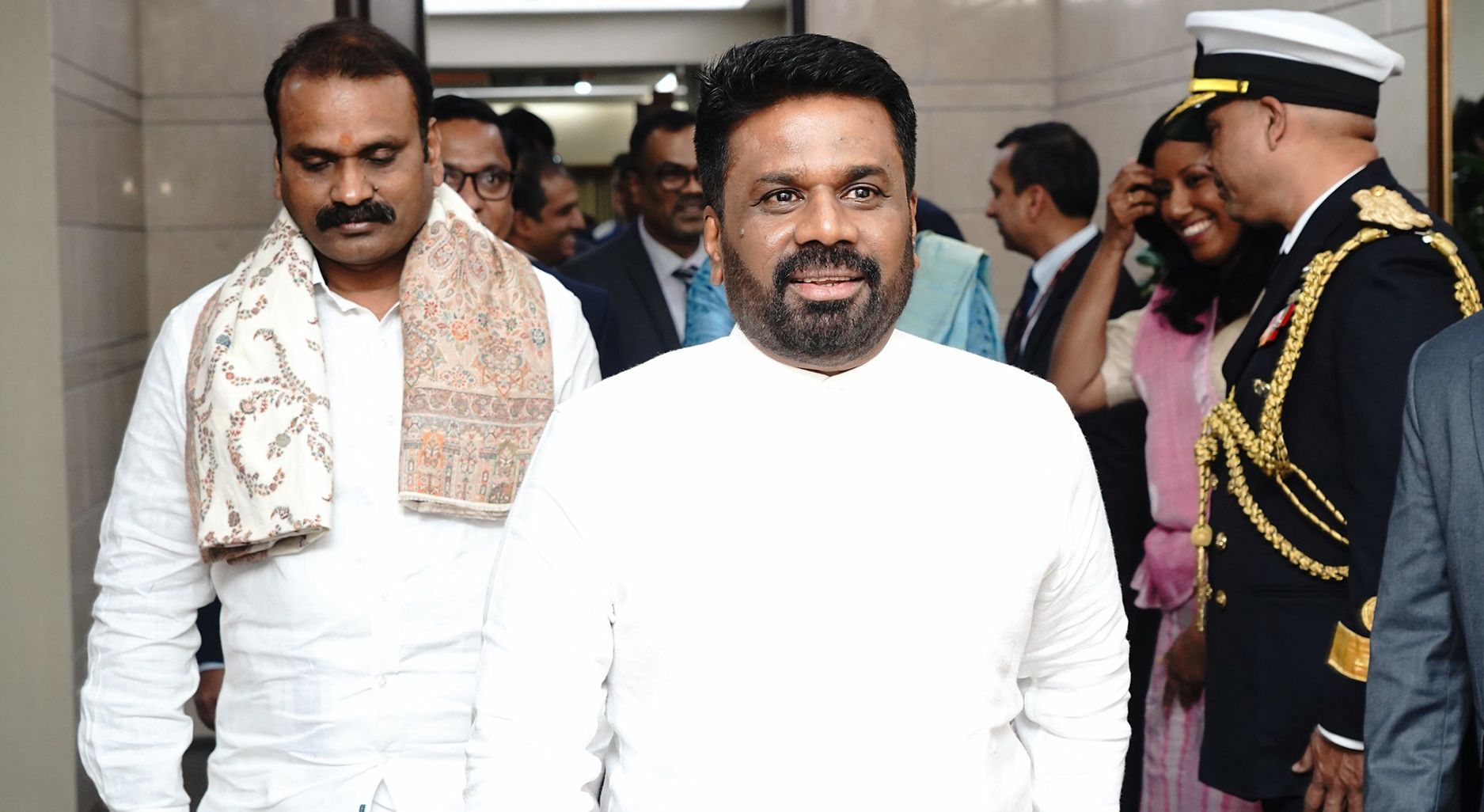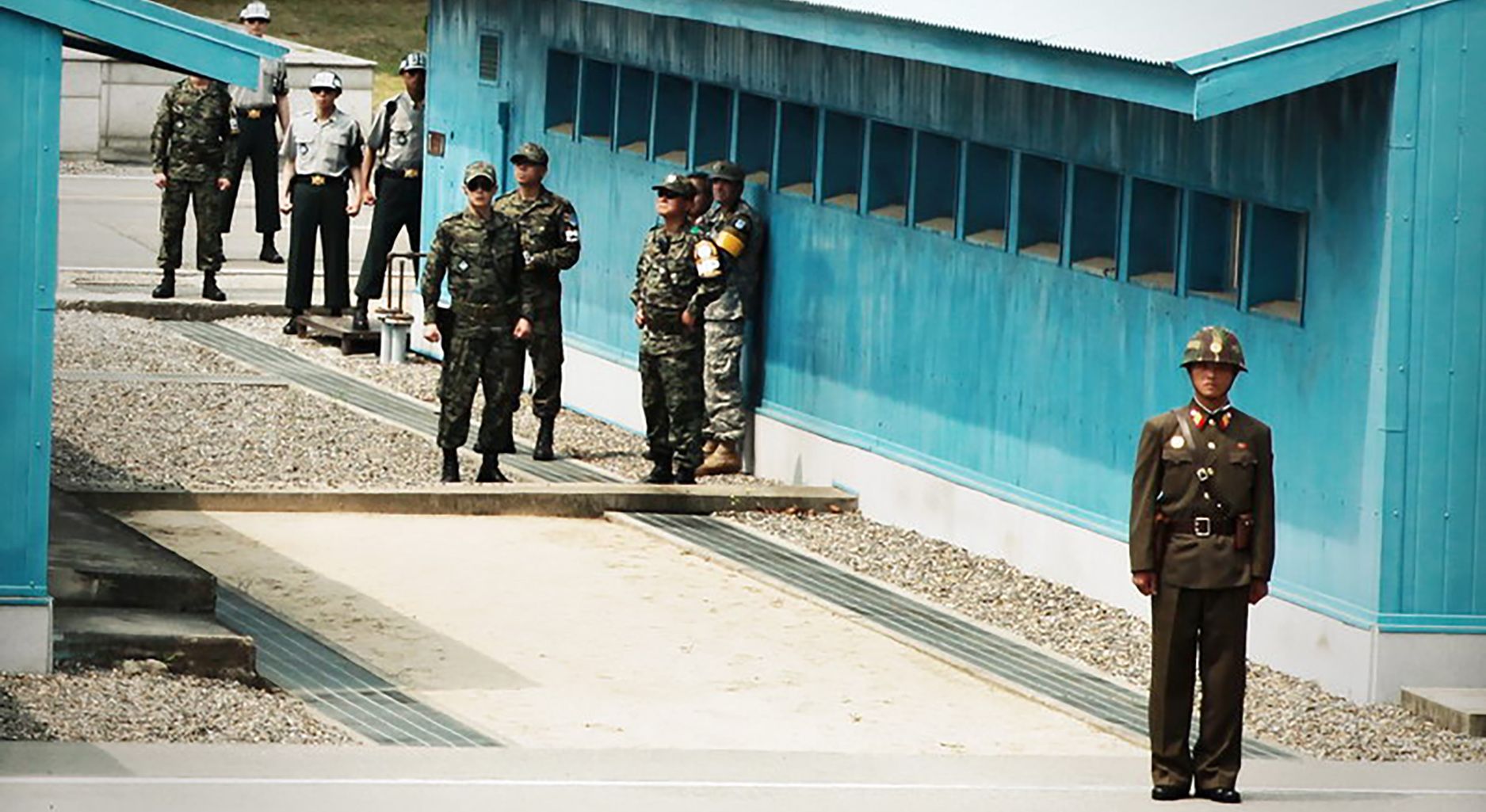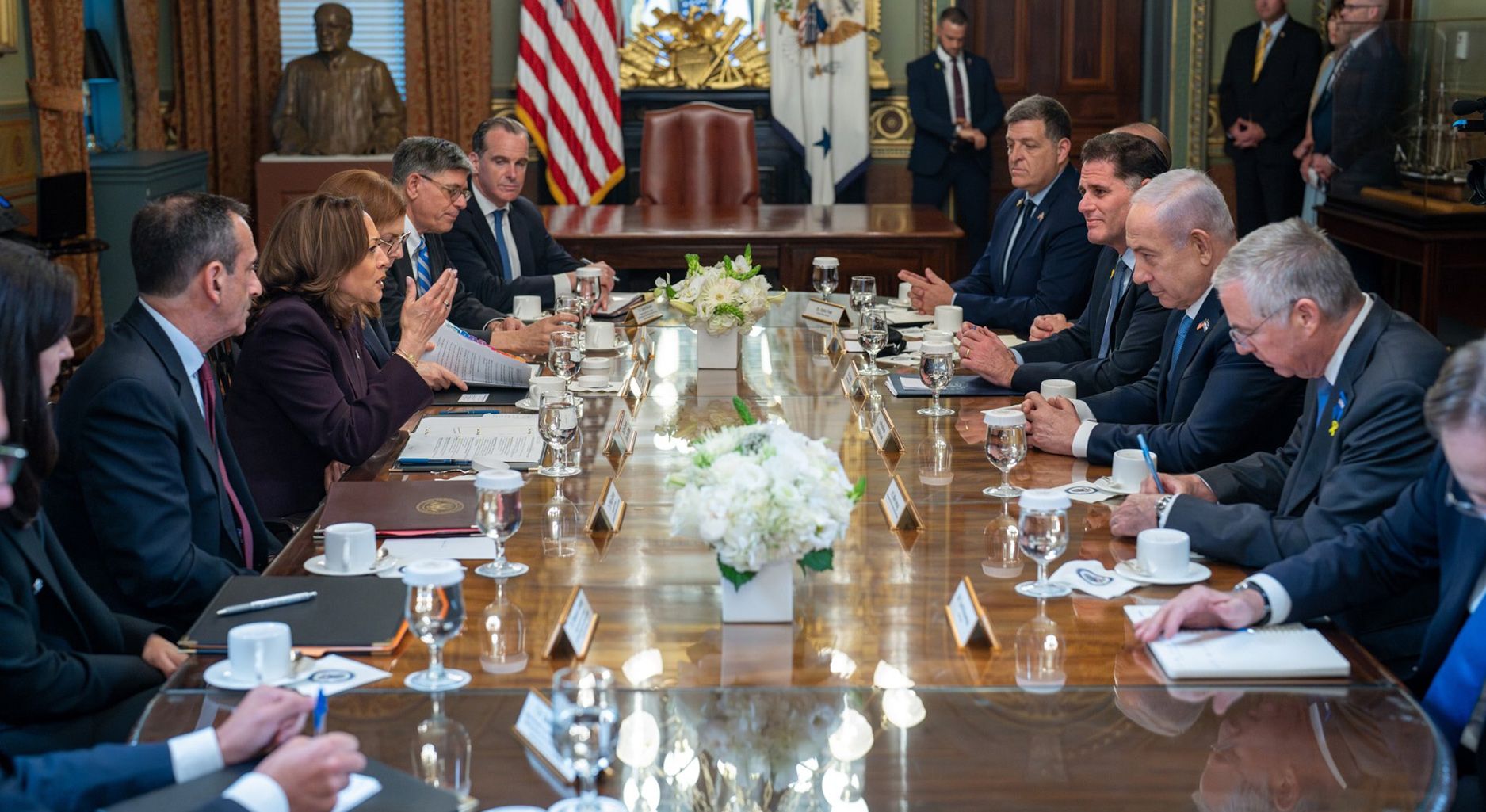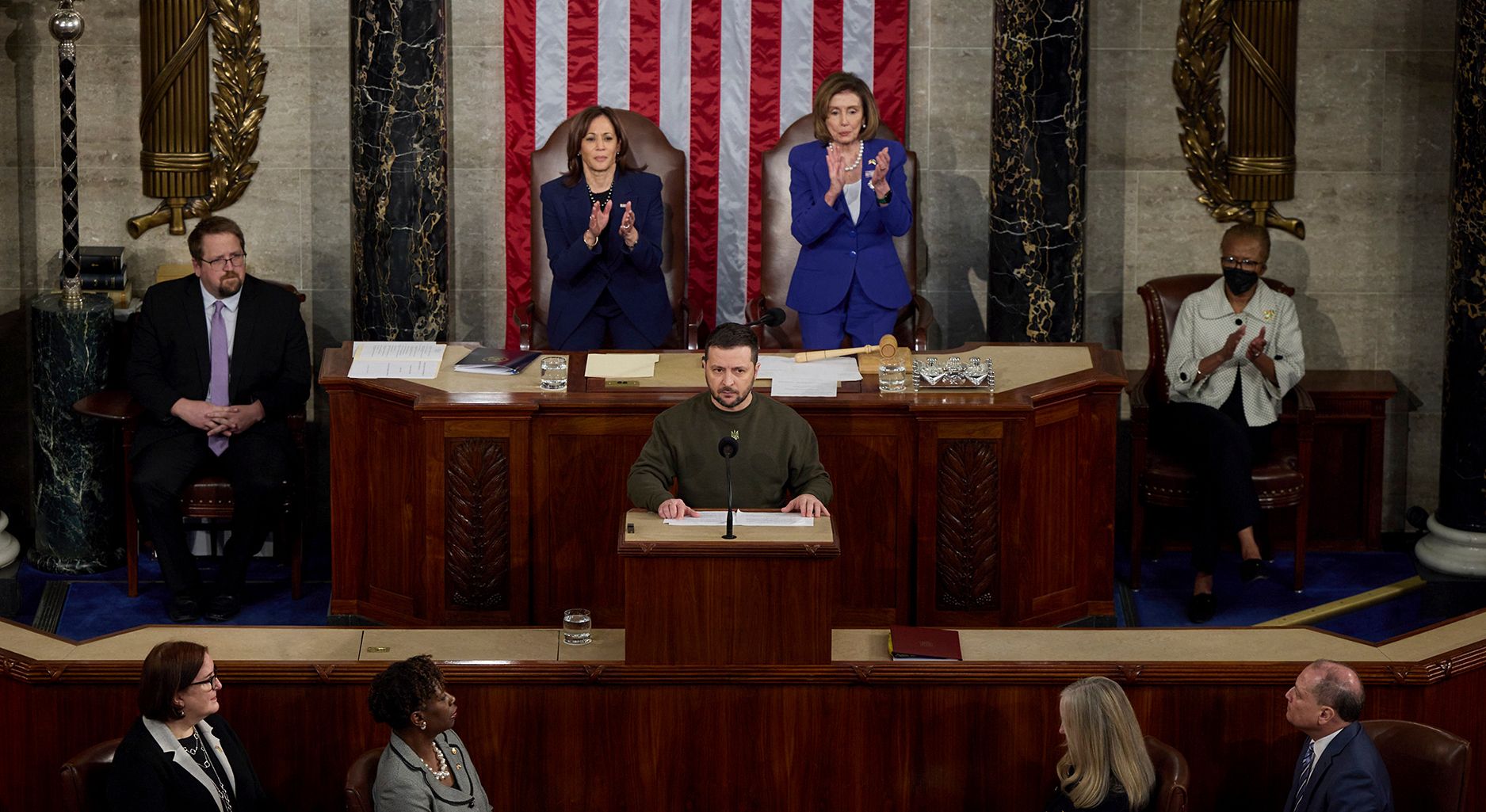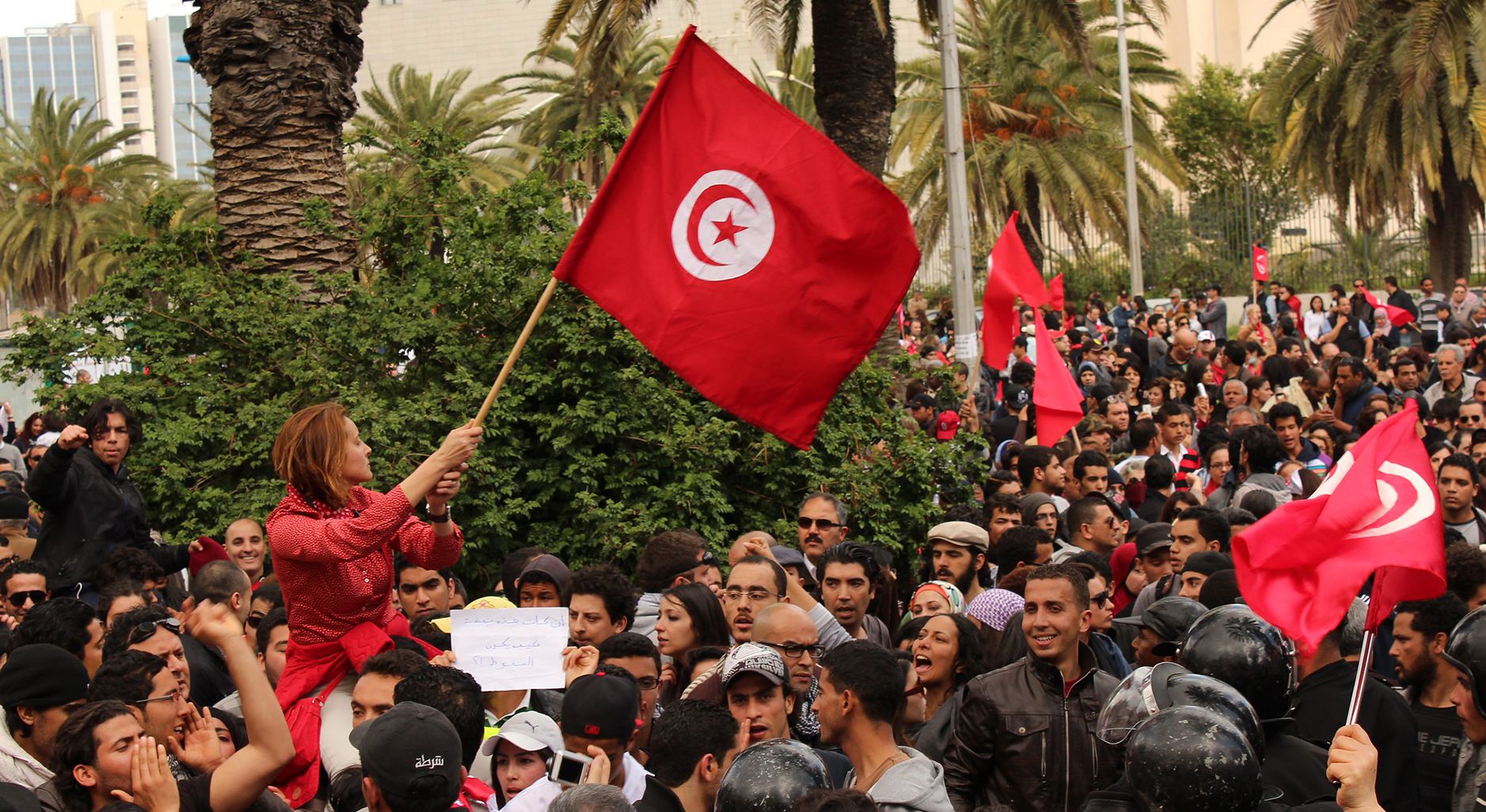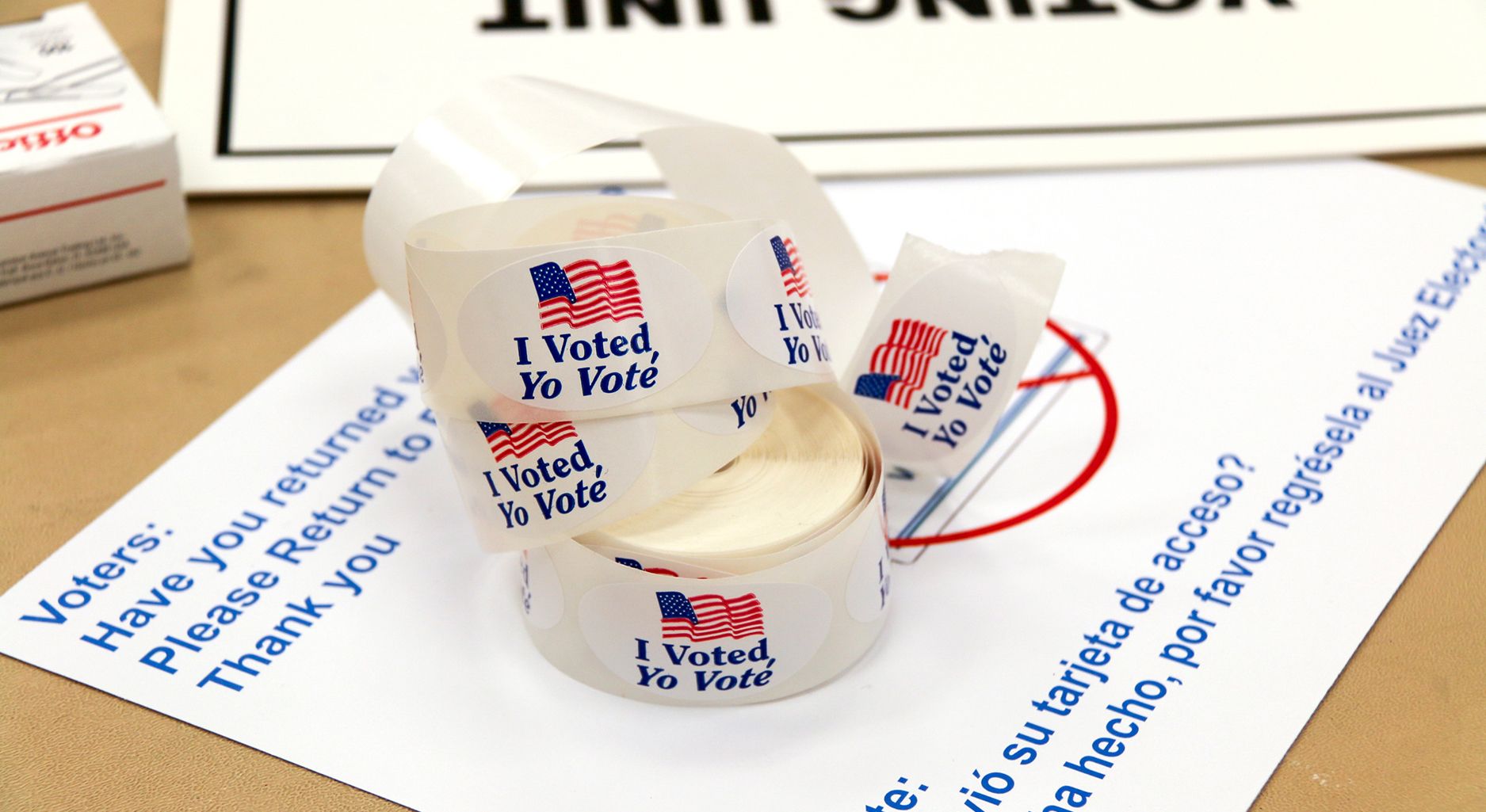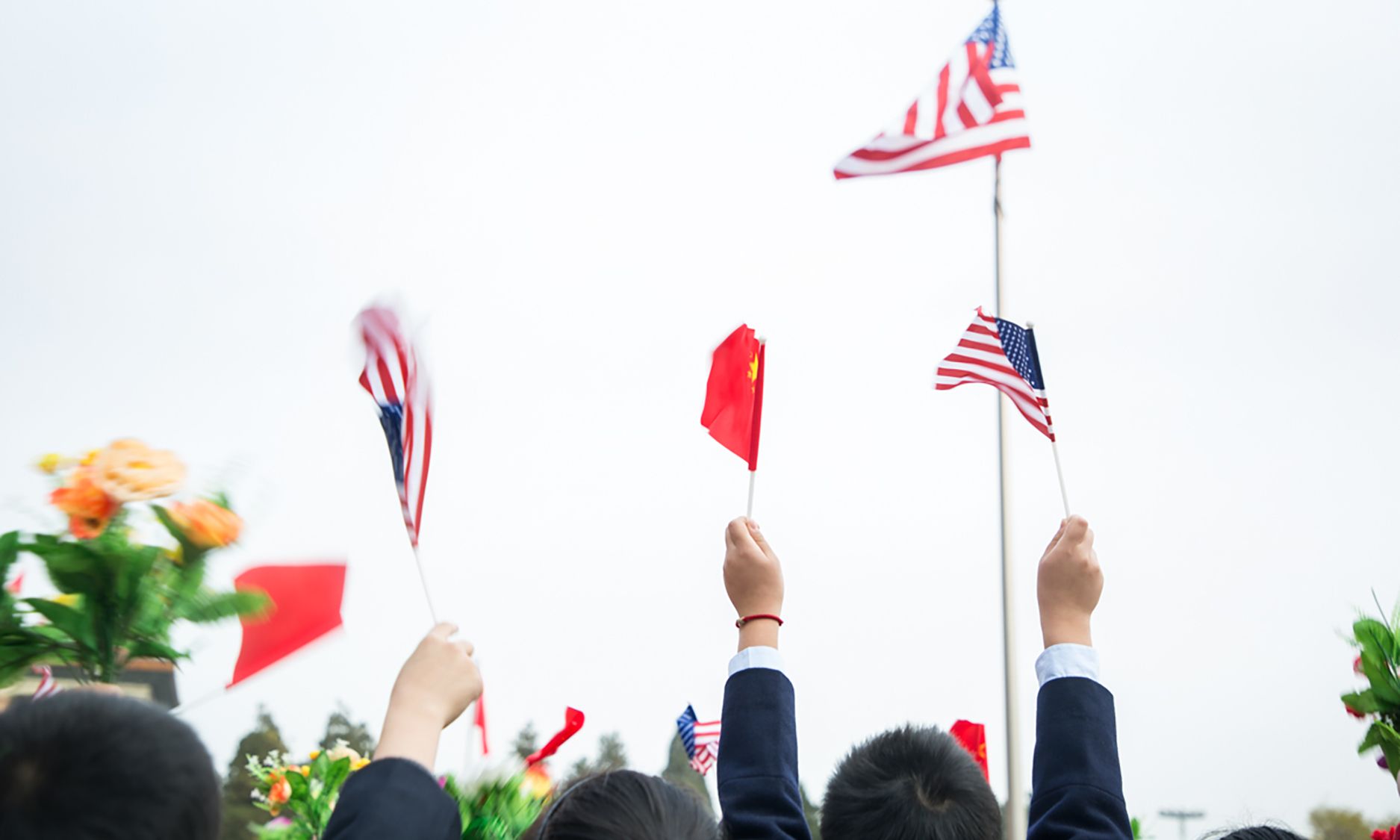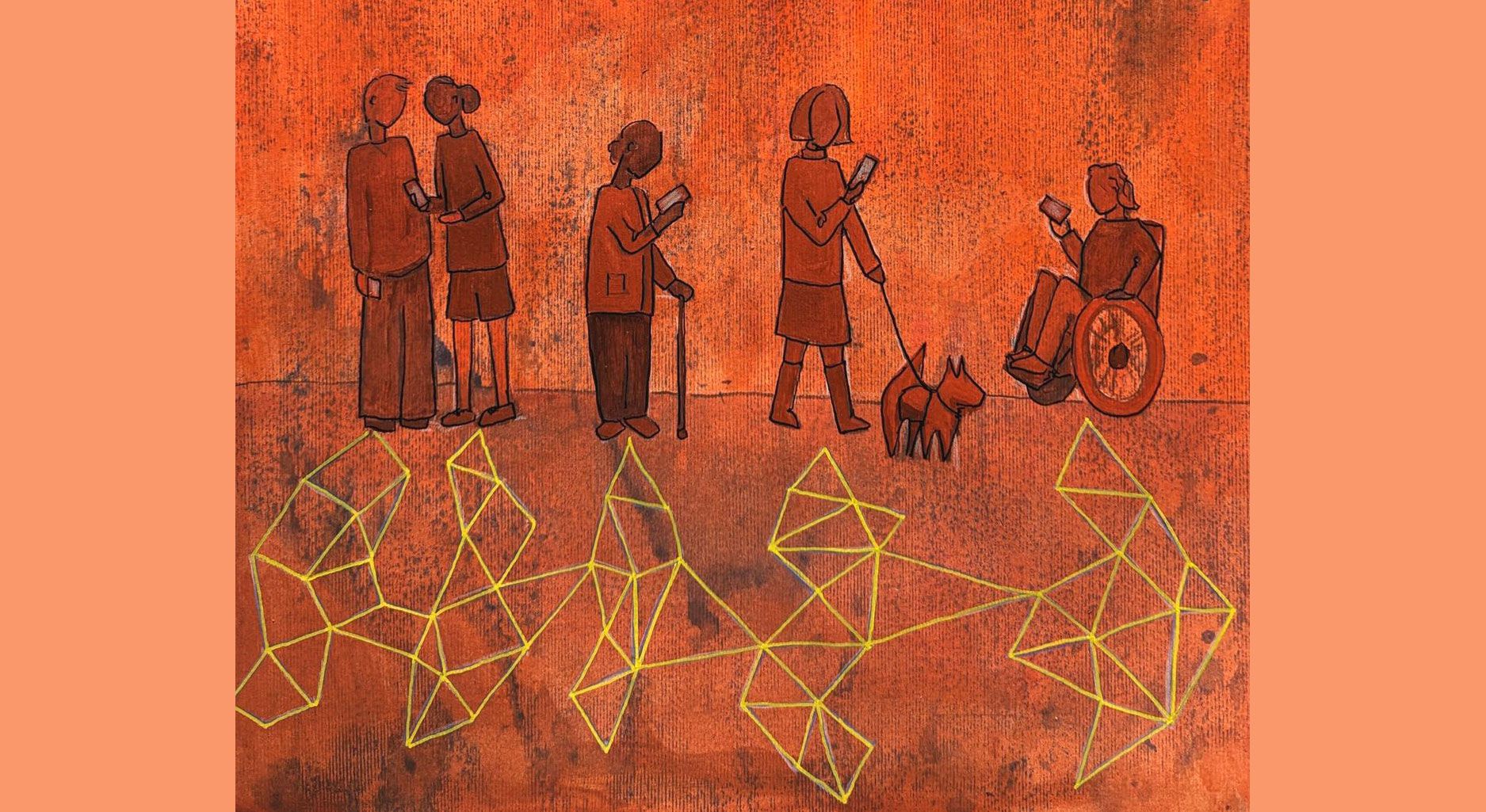Schlagwort: Wahlen
The 2025 Australian federal election happened during a tumultuous time, characterised by geopolitical competition, the climate crisis, and cost of living pressures. The rise of right-wing extremism in many countries and the erosion of the rules-based international order added to the mix. Australians overwhelmingly voted for a moderate government that, despite significant challenges, will facilitate international cooperation and peace-enhancing policies.
Germany’s Fragmented Approach to Disinformation in 2025 Elections
With elections taking place in less than a month, Germany finds itself faced with a critical challenge: foreign influence and disinformation campaigns aimed at undermining democratic processes. As Anne Applebaum warns, authoritarian regimes are no longer passive observers but rather active participants in spreading narratives that target the core ideals of freedom and democracy. In Germany, the government’s fragmented approach to countering disinformation only underscores the urgent—and, given recent developments, long overdue—need for a more proactive strategy for better understanding and addressing disinformation–during elections and beyond them.
Sri Lanka’s Voters Shift to the Left: Unpacking the Implications
Presidential elections in the tiny island nation of Sri Lanka in South Asia brought a leftist coalition to power. The elections were held in September 2024. This was followed by parliamentary elections in November 2024. In both contests, the left-leaning candidate Anura Kumara Dissanayake and his political coalition, the National People’s Power, won decisively. This blog will contextualize the economic events that enabled the coalition's victory and analyse the reasons why this electoral result is of historical significance for Sri Lanka.
U.S. Elections and Their Potential Impact on U.S.-Korean Relations
The upcoming U.S. elections signal a potential shift in U.S.-Korean relations. While Kamala Harris would likely continue President Biden’s focus on sanctions and deterrence, Donald Trump might just as easily revive diplomatic talks as cause another flare-up of tensions on the Korean peninsula. Meanwhile, South Korea is concerned about U.S. security commitments and currently debating whether to pursue its own nuclear deterrent. The Washington Declaration reaffirms U.S.-South Korean cooperation, but the conservative security proposal, Project 2025, hints at potential reductions in U.S. military presence. These developments raise questions about South Korea’s security and the broader stability of East Asia.
Unterschiede, die keinen Unterschied machen? Trump, Harris und der israelisch-palästinensische Konflikt
Die USA sind der wichtigste Verbündete Israels, doch die Kriegführung Israels im Gaza-Streifen stellt diese Jahrzehnte währende „besondere Beziehung“ derzeit auf eine Belastungsprobe. Nun stehen die US-Wahlen an: Wie würden sich Trump und Harris im Falle ihrer Wahl gegenüber dem Gaza-Krieg und dem israelisch-palästinensischen Konflikt positionieren? Und würden die Unterschiede zwischen ihnen tatsächlich einen Unterschied machen mit Blick auf eine langfristige Lösung des Konflikts?
How Another Trump Presidency Would Affect the Russo-Ukrainian War
The United States has long been the most vital ally for Ukraine in terms of military aid, economic support, and pressuring Russia through sanctions and diplomatic initiatives. Consequently, both Kyiv and Moscow look primarily to the United States when it comes to the international politics of the war. Due to the outsized role of the United States in this conflict, commentators have predicted that the course of the war would shift if Donald J. Trump would be elected US president on 5 November. But what is the merit of such forecasts?
Der letzte Akt: Die Präsidentschaftswahlen 2024 und die Autokratisierung Tunesiens
Am 6. Oktober 2024 findet in Tunesien die erste Runde der Präsidentschaftswahlen statt. Selbst wenn es einer Stichwahl im November bedarf, wird der aktuelle Präsident Saied wiedergewählt werden. Sein harter Autokratisierungskurs, den er 2021 begann, wird kein anderes Ergebnis zulassen. Auch wenn unklar ist, welche Beliebtheitswerte er wirklich noch in der Bevölkerung genießt, sollte diese Wahl eine Mahnung an die EU und Deutschland sein, weiterhin demokratische Standards bei sogenannten Partnerländern einzufordern, selbst wenn etwa Migrations- und Energieinteressen gegeben sind.
Securing the Vote: How the US Elections Have Become More Resilient to Threats to Election Integrity
The upcoming US presidential elections will serve as a stress test for election administration. Election denialism, (violent) threats and harassment, and concerns about foreign influence have shaped previous electoral environments. The 2022 midterm elections provided insights into the resilience of the electoral process and the state of implementation of a substantial new legislative package that was introduced after the 2020 presidential elections. While some challenges remain, the electoral infrastructure is ready to face Donald Trump’s potential claims of vote rigging and election denial.
Going over the Guardrails? China Policy in the 2024 US Election
No matter who wins the US presidential elections in November, the United States will likely continue a more confrontative China policy launched under Trump in 2017. A second Trump administration, however, would likely mean an end to the Biden-era “guardrails” against escalation. It would also make it much harder for Europe to assert its own interests and conduct an independent China policy.
Going to the Polls (Dis)Informed? The Role of Disinformation in the Upcoming US Elections
On July 21, 2024, Joe Biden announced that he would be dropping out of the race, only a week after the assassination attempt on now official Republican candidate, Donald Trump. The electoral campaign which has so far been characterized by immense uncertainty, provides a perfect breeding ground for the spread of disinformation about the candidates and election process itself. As the stakes of the upcoming US elections remain incredibly high for both domestic and international politics, disinformation is becoming one of the most pressing challenges of our time.

